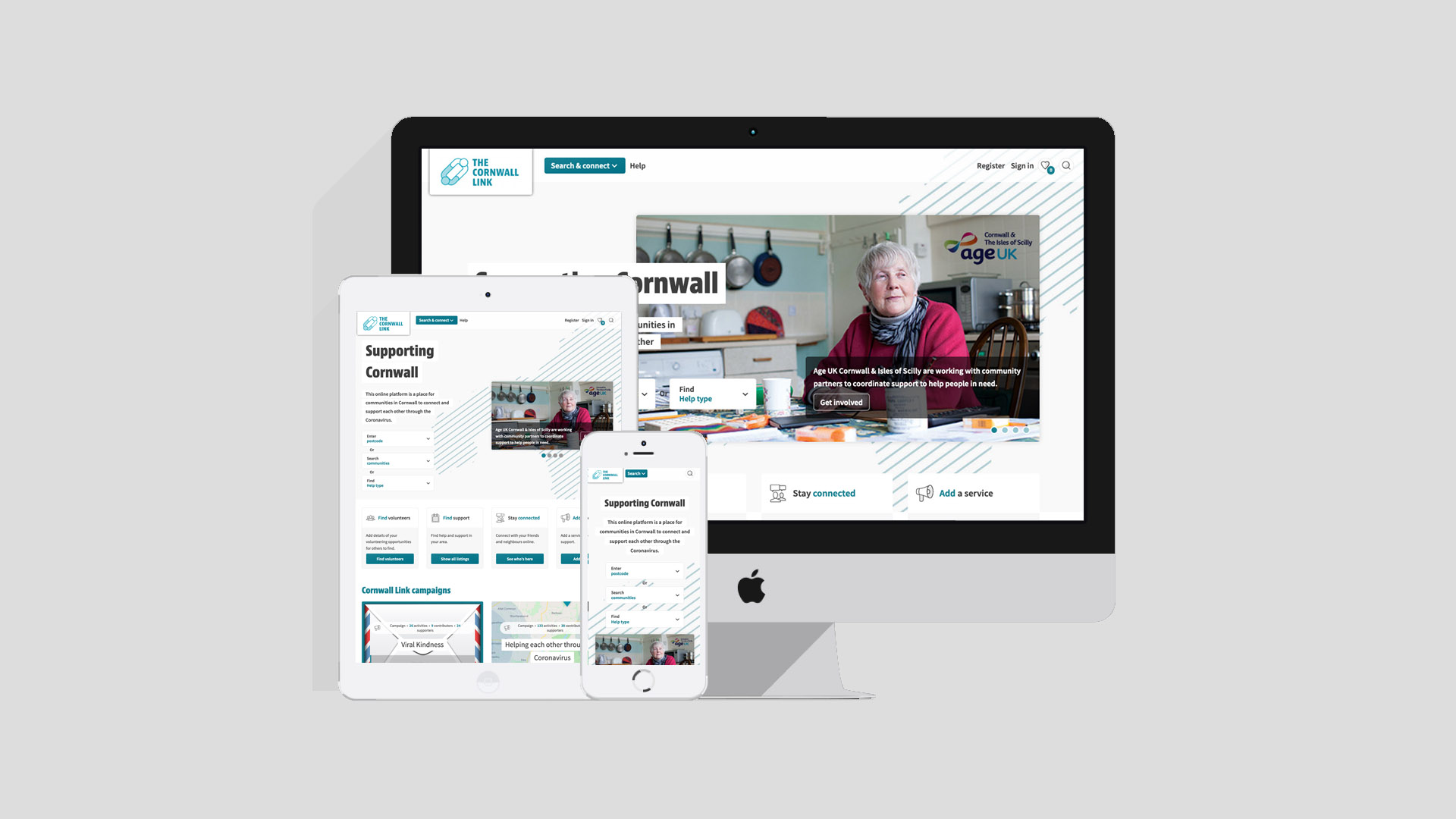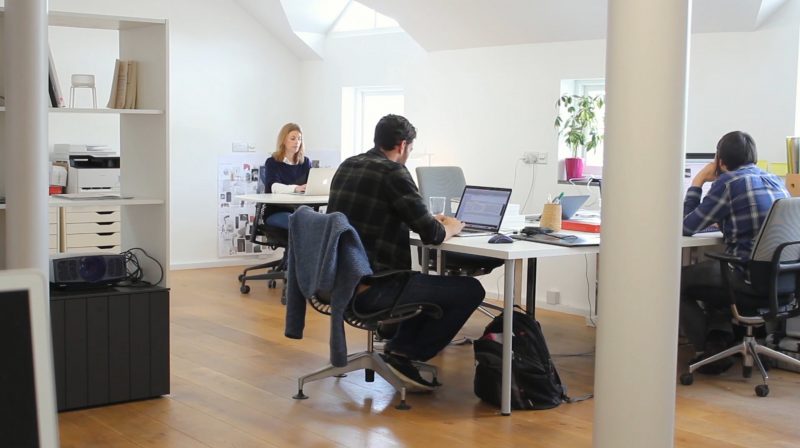
Continued support for eHealth innovation in Cornwall with EPIC project extended to 2023
Home News and events News Continued support for eHealth innovation in Cornwall with EPIC project extended to 2023
SMALL and medium sized businesses in Cornwall and the Isles of Scilly have now got until 2023 to take advantage of the ERDF funding extension to the eHealth Productivity and Innovation in Cornwall and the Isles of Scilly project, generally known as EPIC.
The project, launched in 2017 is highly collaborative and interdisciplinary, offering support and grants to businesses developing eHealth innovations. Led by the University of Plymouth, it uses a bottom up approach, working with individuals and businesses solving real life issues on the ground to help grow the eHealth sector in Cornwall and the Isles of Scilly and as a result improve health, wellbeing and care quality through technology.
Kirsty Marrs, Media and External Relations Officer at EPIC says eHealth is the combination of tech or digital with health and wellbeing. “The purpose of eHealth at its core is to help people with health and wellbeing, whether that’s making their life a little easier, improving their quality of life or helping people manage their long term conditions.
“Often the technology includes mobile phones and tablets or virtual reality simulations but it also encompasses telepresence and wearable devices, voice controlled smart speakers – like Alexa and Google Home – and even companion pets.”
In the first phase of the project, 65 businesses were supported through the EPIC programme with 42 grants awarded to SMEs in Cornwall and the Isles of Scilly resulting in 9 new health products brought to market so far and many more innovations still in the design and build process.
Made Open, a B Corp using design and technology to create sustainable social change is one of the businesses to have benefited from the project. Robert Woolf, founder and director says: “Made Open is a digital platform that enables people to exchange information, skills, time and resources which we licence to organisations and partnerships which want to activate their communities or networks.
“The community platforms allow people to list support or services that are available to help others in their area or request volunteers – it’s something which has been really valuable to communities through the Coronavirus outbreak where a lot of people have found themselves needing to rely on community support and communities really pulling together.”
The grant funding and support from EPIC was integral to the development of the Made Open platform. Robert adds: “EPIC helped to kick start our redevelopment of the platform. It allowed us to respond to the social need to better support communities through network and now from Cornwall to Australia we have gone on to licence 15 community platforms so far that are delivering far reaching impacts directly within communities and across various healthcare systems.”
Robert and fellow director, Kathryn are service designers and spent many years working on improving systems and services. Their desire to create something to support communities came from both a professional interest and their own personal missions: “Throughout our work on service design we found that most problems could be solved with improved collaboration, better alignment and better communication.
“Communities that were having issues generally weren’t the ones that needed to change, but it was the systems that weren’t servicing them. Made Open was about helping to change that.”
Cornwall Link recently moved onto the Made Open platform and has been supporting people, communities and local businesses across Cornwall since the Coronavirus outbreak hit. A partnership with Age UK Cornwall and Inclusion Matters, Cornwall Link was transformed into a community hub where local and informal support services could be listed as well as the more formal services.
Robert says: “The community platform supported by Bristol City Council went from 1,500 members to 7,500 since the UK entered lockdown as communities became more engaged with supporting each other and themselves.
“In some ways it feels as though we’ve been pushing water up-hill with our vision for years and then suddenly overnight everyone gets it.”
EPIC is part funded by the European Regional Development Fund and the South West Academic Health Science Network (AHSN) and is led by University of Plymouth’s Centre for Health Technology. The collaboration includes Kernow Health CIC, Cornwall Partners in Care, Patients Association, and Software Cornwall, which works to find technologies that can best help improve services, along with those which are, or can be, produced within Cornwall.
At its core the project believes in collaboration and it has received invaluable input from a large number of partners, organisations and individuals across the South West including healthcare trusts, charities, social enterprises, patient groups and students.
As someone who operates in the sector, Woolf says: “I believe the most important ingredient to creating a sustainable e/health ecosystem is collaboration where partners and programmes work together around a common goal.
“We’re certainly pleased to see the continuation of the EPIC programme in Cornwall. Without it, small businesses like ours may not be afforded the opportunity to shine.”
The team behind EPIC are focused on creating a sustainable future for the eHealth sector, beyond funding and are in the process of mapping the network and creating an ecosystem where everyone involved in the sector can connect with each other.
Dr Sebastian Stevens, Postdoctoral Research Impact Fellow in Health and Social Innovation at EPIC says: “We’re using a mixed method approach to map the Cornish eHealth network; tracking who meets who, who collaborates and how they’re supporting each other to create and implement eHealth technology”
“We want to make sure that the industry can keep working together for years to come and with collaboration considered to be key, facilitating those networks is essential.”
Another challenge identified by the EPIC team in the first project was the difficulties businesses have in penetrating the existing health system to integrate new technologies. “There’s a culture of anti-change which stems from a wider number of issues such as a lack of time and resources, but also previous experiences with not-fit-for-purpose technology systems” adds Kirsty.
“A focus for us in the next three years is going to working with NHS and the eHealth sector to help break down some of those barriers and work through the issues and make sure some of these new technologies can start to be implemented.”


